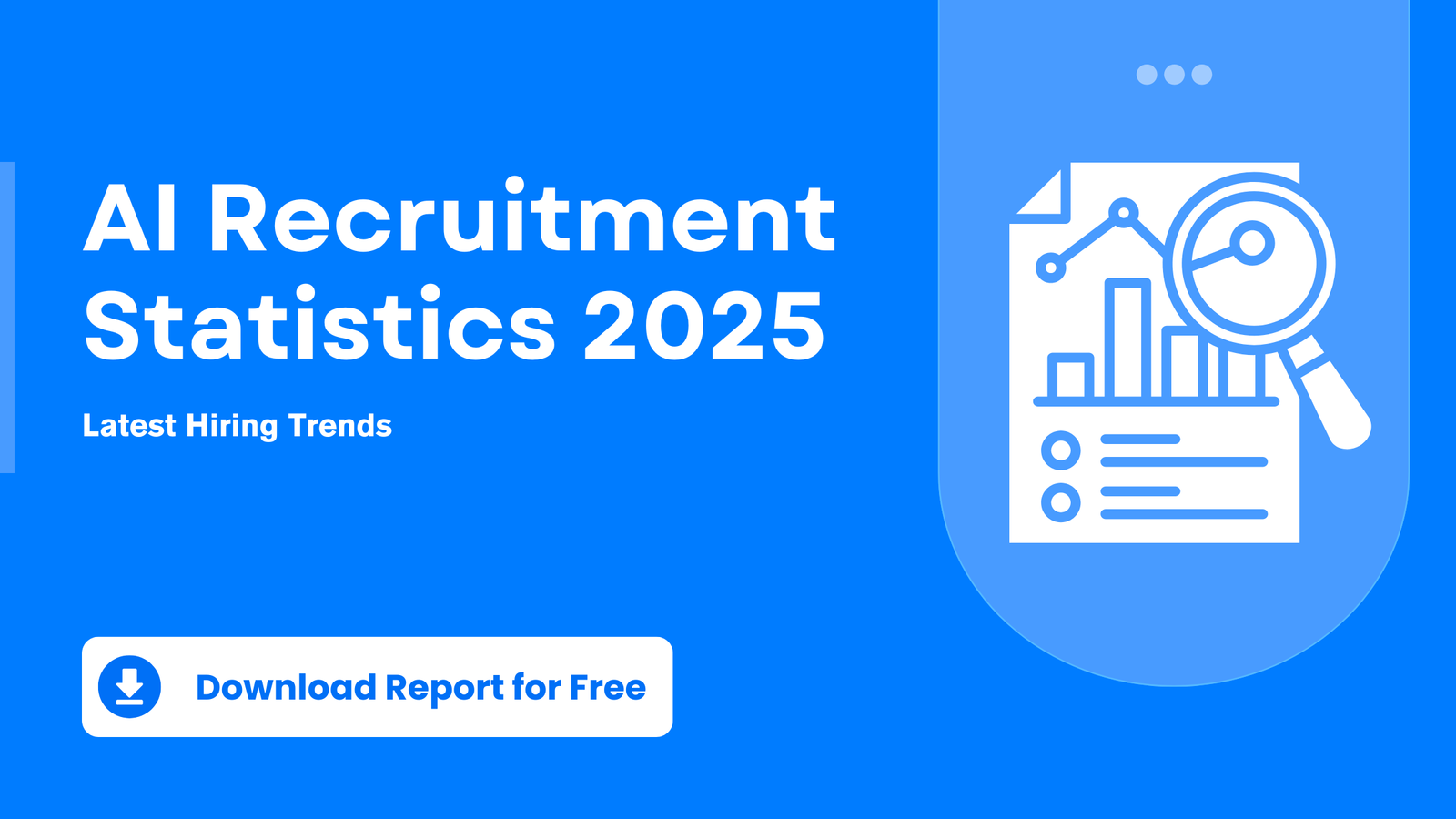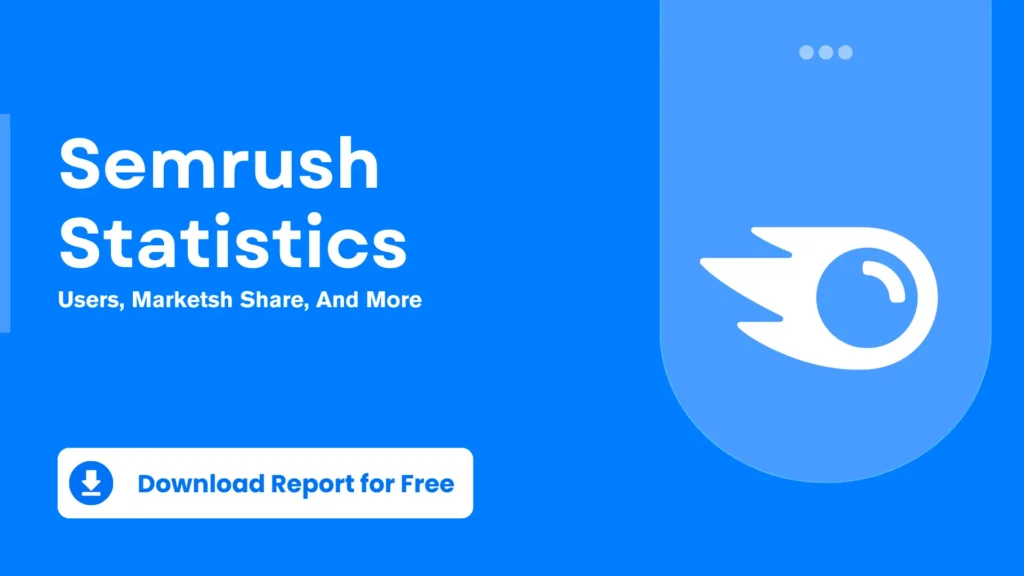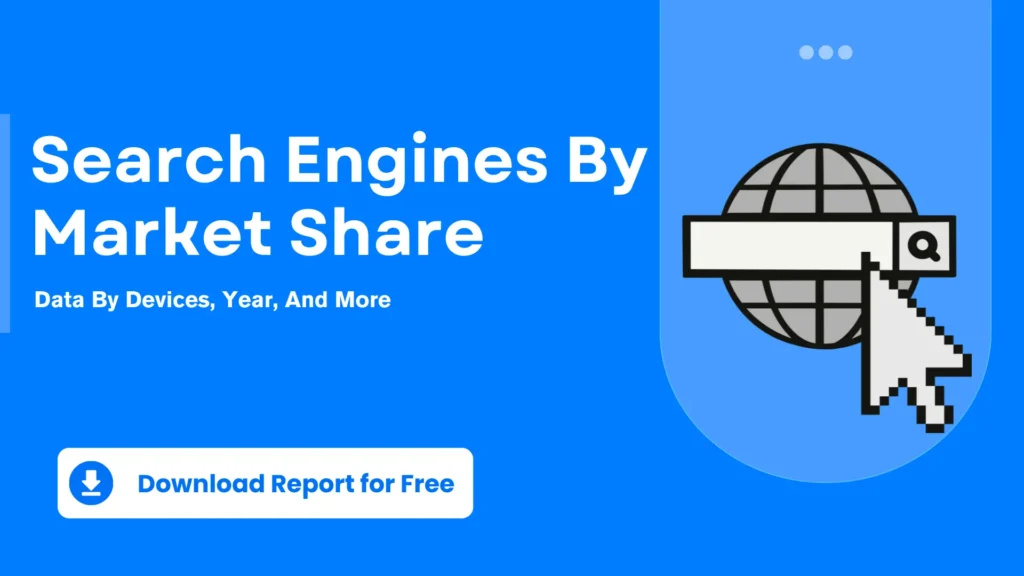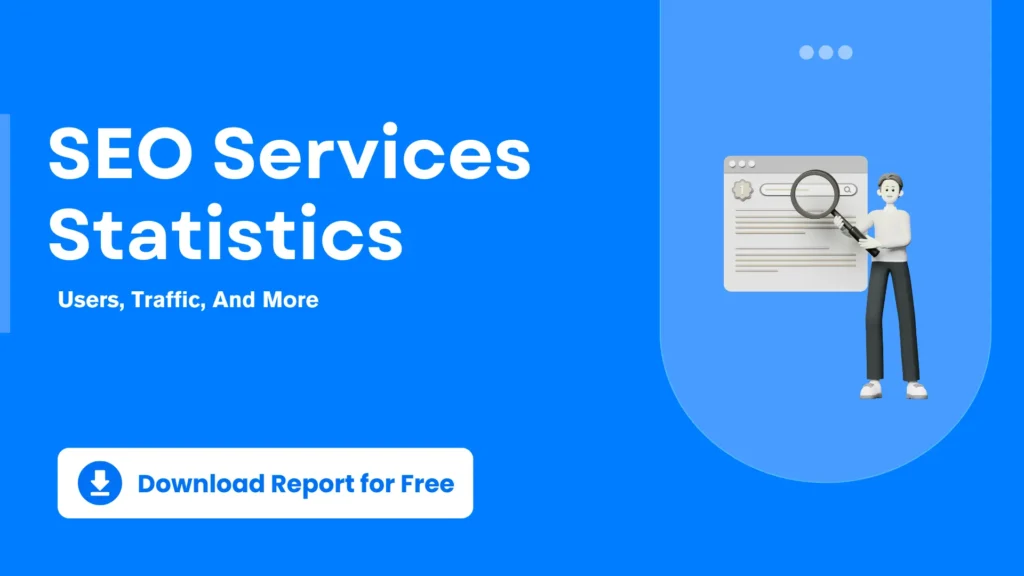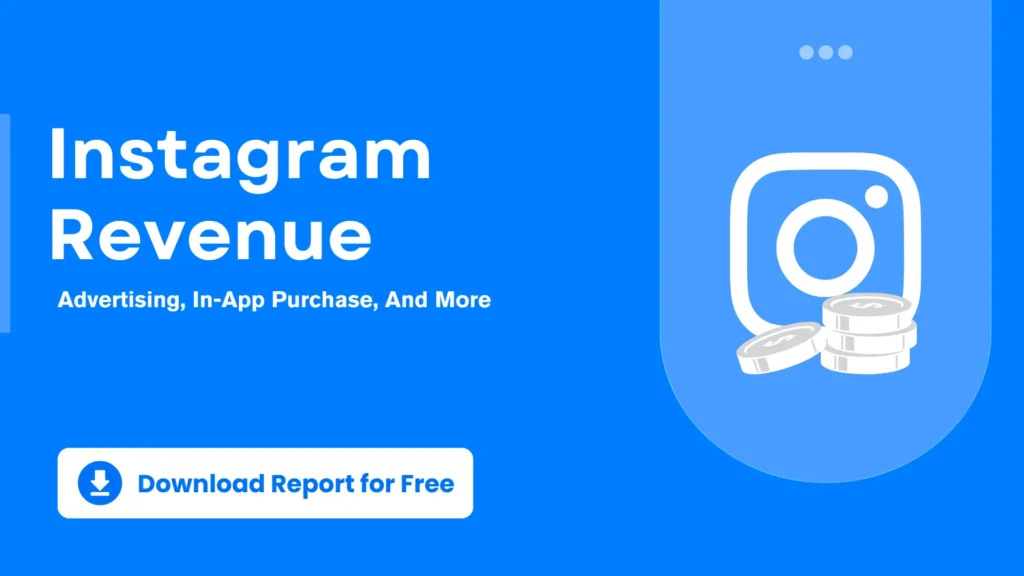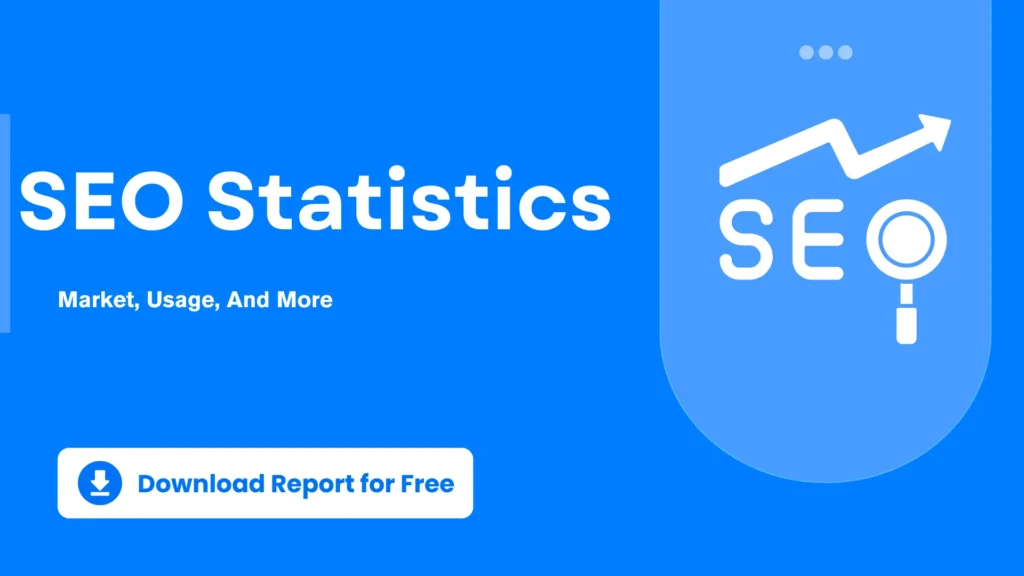With 45% of companies adopting AI in recruitment, Artificial Intelligence is no longer just an emerging trend in recruitment.
By cutting recruitment costs by up to 30% and reducing time-to-hire by 50%, to improving talent matching by 67% and boosting workforce diversity by 35%, AI is reshaping every stage of the hiring journey.
In this post, we break down the most important AI recruitment statistics you need to know to stay ahead in talent acquisition in 2025.
Top AI Recruitment Statistics for 2025
- AI recruitment market is valued at $596.16 million in 2025, expected to rise to $860.96 million by 2030
- By 2025, 60% of organizations are expected to use AI for end-to-end recruitment
- 92% of companies plan to increase their AI investments in the next three years
- 75% of recruiters say AI speeds up hiring through faster resume screening
- North America leads the AI recruitment market at $280 million in 2023, and it is expected to reach $475 million by 2030.
AI Recruitment Adoption & Usage Statistics
Today, 45% of organizations actively use AI in their HR processes, while another 38% are preparing to integrate it in the future. Only a small fraction, about 17%, have no plans to explore it at all.
On the global stage, the shift is just as clear: half of all workers already rely on some form of AI at work, and the current adoption rate of AI in HRM stands at 21%. These numbers highlight not just a trend, but a change that is steadily redefining how people are recruited, managed, and supported in modern organizations.
92% of companies plan to increase their AI investments in the next three years, yet only 1% consider their AI deployment fully mature. Nearly half of C-suite executives (47%) believe their organizations are implementing AI too slowly.
On the workforce side, 65% of employees are optimistic about AI-powered co-workers. By 2025, 80% of organizations are expected to integrate AI into HR functions, with adoption growing 35% annually. At the same time, 70% of employees will interact with AI tools daily, and AI-driven workforce transformation is projected to save companies $1.2 trillion globally.
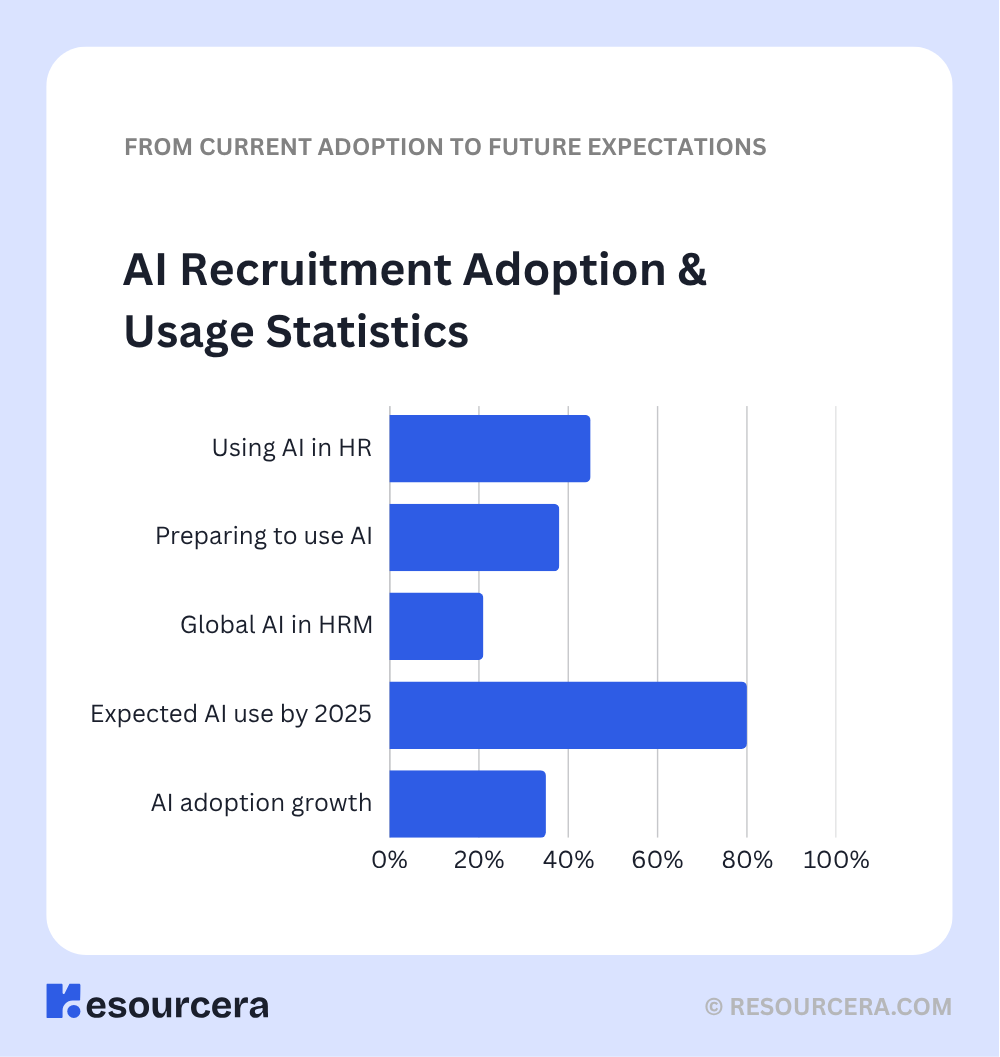
Let’s look at these statistics in a table:
| Metric | AI Usage |
|---|---|
| Organizations actively using AI in HR | 45% |
| Organizations preparing to integrate AI | 38% |
| Global AI adoption rate in HRM | 21% |
| Organizations expected to integrate AI in HR by 2025 | 80% |
| Annual growth of AI adoption | 35% |
AI Usage In Employee Payroll and Benefits
AI-powered payroll systems already reduce processing time by 70% and are expected to cut payroll errors by 90% by the end of 2025.
In compensation, AI-driven models improve pay equity by 30%, while salary benchmarking tools enhance competitiveness by 25% in 2025. 60% of employees will expect such benchmarking, and compensation tools are projected to reduce pay gaps by 30%.
In benefits, AI-based personalization increases employee satisfaction by 40% and predictive analytics improve benefits utilization by 22%.
AI also automates 90% of benefits administration tasks, with 70% of organizations expected to personalize benefits using AI by 2025.
Sources: Gartner, McKinsey, Gartner
AI Usage Statistics In Performance Management
In 2025, 90% of HR decisions will be supported by AI-driven analytics, reducing hiring costs by 25% and saving companies an estimated $500 billion globally through workforce optimization.
Around 72% of HR professionals believe AI improves workforce planning, with AI-powered analytics able to predict workforce trends with up to 90% accuracy.
AI can also forecast skills gaps three years in advance, and 80% of organizations are expected to adopt this capability by 2025. HR dashboards powered by AI enhance decision-making by 60%, and attrition models save companies millions in rehiring costs.
AI in Hiring Statistics
Currently, 44% of organizations use AI for recruitment and talent acquisition, with 58% relying on it for video interview analysis. AI-powered tools are cutting costs by up to 30% and reducing time-to-hire by an average of 50%.
Recruiters confirm these gains, with 75% saying AI helps speed up the process through faster resume screening. AI-driven interview analytics boost hiring accuracy by 40%, while predictive analytics improve talent matching by 67% and workforce diversity by 35%.
By the end of 2025, 60% of organizations are expected to use AI for end-to-end recruitment processes. These tools are projected to reduce recruitment bias by 50%, automate 40% of repetitive tasks, and align with the preference of 75% of job seekers who will favor AI-driven recruitment for faster feedback.
Here’s a table with the latest statistics on how organizations are using AI to streamline recruitment and talent acquisition:
| Trend | Percentage |
|---|---|
| Organizations using AI for video interview analysis | 58% |
| Recruitment bias reduction with AI | 50% |
| Repetitive tasks automated by AI | 40% |
| Job seekers preferring AI-driven recruitment | 75% |
| Organizations using AI in recruitment | 44% |
| Workforce diversity improvement | 35% |
Sources: Engagedly, Gartner, Psico-Smart, Ideal, McKinsey
Global AI Recruitment Market Statistics
A report from Mordor Intelligence estimates the AI recruitment market is valued at $596.16 million in 2025, rising to US $860.96 million by 2030, supported by a CAGR of 7.63%.
In 2023, the global AI recruitment market was valued at US $661.56 million, with projections to reach US $1.05 billion by 2031, growing at a CAGR of 6.8% through 2031.
A separate projection from Market Research Future sees the market at US $577.7 million in 2023, with a steady rise to US $1,053.2 million by 2032 with a CAGR of 6.9%.
The AI recruitment tools segment was valued at approximately US $1 billion in 2023 and is projected to triple to US $3 billion by 2032, with a robust 12.5% CAGR.
From multiple studies, it is evident that GAI recruitment market growth rates generally fall between 6% to 8%, indicating consistent but not explosive expansion.
Sources: Mordor Intelligence, Verified Market Research, Market Research Future, Zion Market Research
AI Recruitment Market Size by Region
In 2023, North America led the AI recruitment market with a value of $280 million, projected to reach $475 million by 2030.
Europe followed with a $150 million market in 2023, expected to hit $230 million by 2030, supported by GDPR compliance, transparency mandates, and compliance-driven hiring solutions.
The Asia-Pacific region stood at $120 million in 2023 and is projected to double to $250 million by 2030.
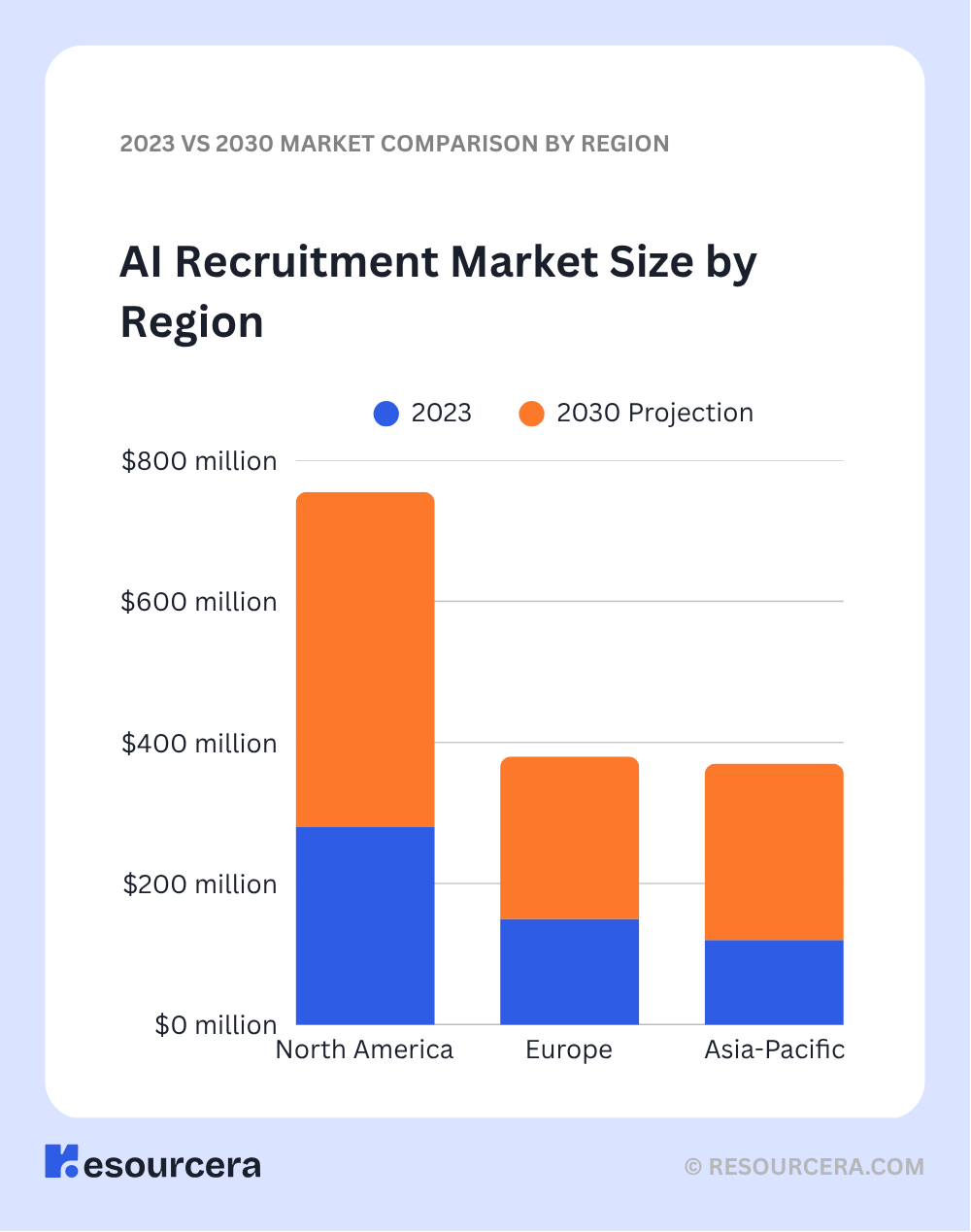
Here is the breakdown of AI recruitment market share by region:
| Region | 2023 | 2030 Projection |
|---|---|---|
| North America | $280 million | $475 million |
| Europe | $150 million | $230 million |
| Asia-Pacific | $120 million | $250 million |
Source: WeCP
Job Seeker Perspective Statistics On AI in Recruitment
66% of U.S. adults say they would not apply for a job where AI is used to make hiring decisions while 79% of candidates want to be informed if AI is used in the recruitment process.
70% of job seekers believe AI can improve response time and enhance their experience and 75% of candidates reported preferring AI-driven recruitment tools if it meant faster feedback and a more personalized experience.
Also, 44% of job seekers report experiencing discrimination during the recruitment process and believe AI tools could help reduce such bias.
On the other hand, 67% of job seekers feel “uncomfortable” when employers use AI to review resumes and make decisions, and almost 90% want companies to be forthright about using AI in hiring.
Sources: PEW Research, LifeWire, WeCP, HR Dive
AI Hiring Trends in 2025
73% of talent acquisition professionals agree that AI will fundamentally change how companies hire.
37% are already experimenting with or integrating generative AI into their hiring processes, and those using it report saving an average of 20% of their weekly workload.
89% say measuring the quality of hire will become more important, but only 25% feel highly confident in their organization’s current ability to evaluate it. Still, 61% believe AI can help improve this metric.
Around 93% of Talent Acquisition pros believe skills-based hiring is essential, and companies emphasizing skills in search are 12% more likely to make quality hires. Additionally, among those using generative AI, 35% redirected saved time to candidate screening and 26% focused on assessing skills.
Source: LinkedIn
Future Trends Of AI In Recruitment
58% of organizations believe AI will boost employee productivity in the next five years, while 55% expect it to enhance the overall employee experience.
More than half (53%) see AI improving performance management, 45% anticipate gains in employee development, and 31% expect improvements in talent management.
By 2025, AI is forecast to augment 90% of HR functions and transform HR into a strategic function in 80% of organizations.
On the employee side, 70% are expected to believe AI improves their work-life balance. Altogether, AI-driven HR tools are projected to save organizations $1.5 trillion globally by 2025.
